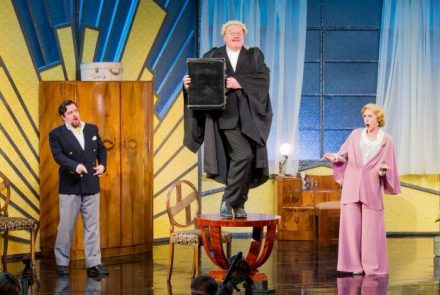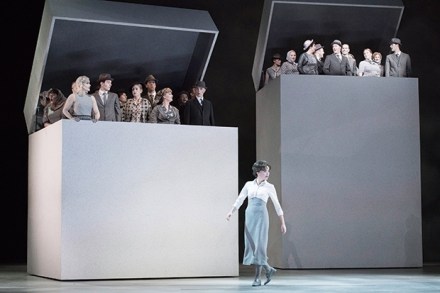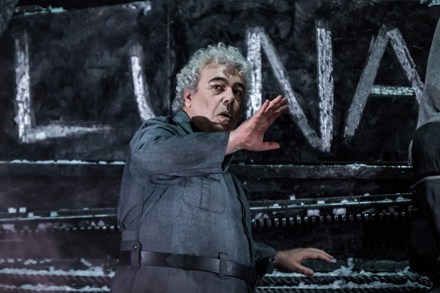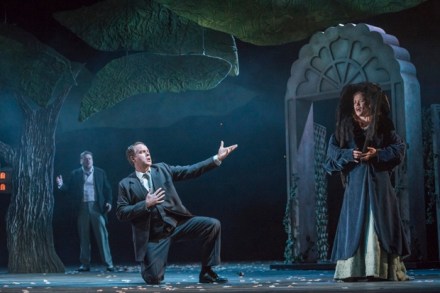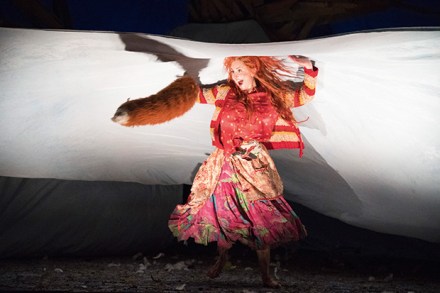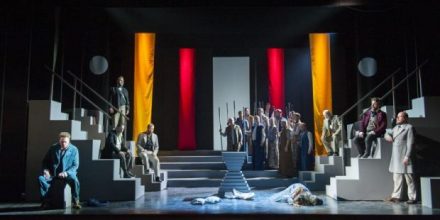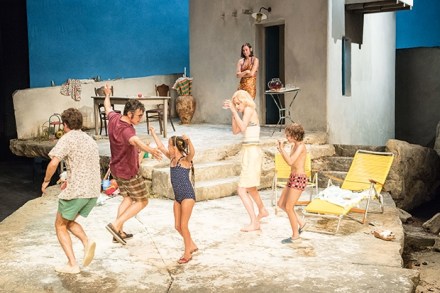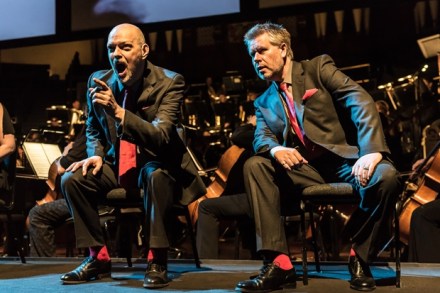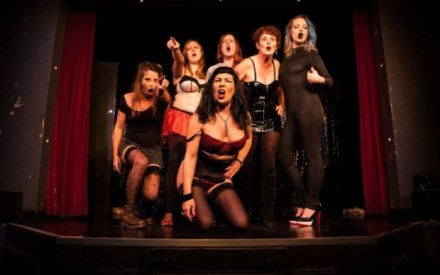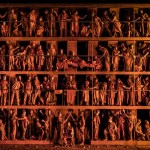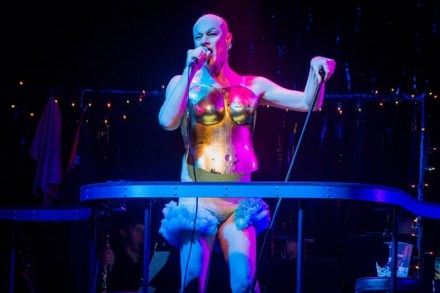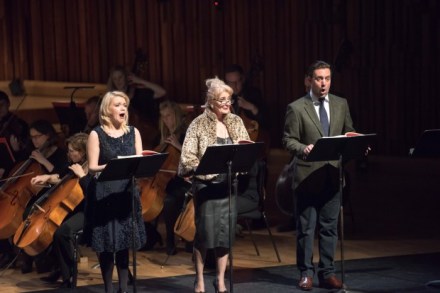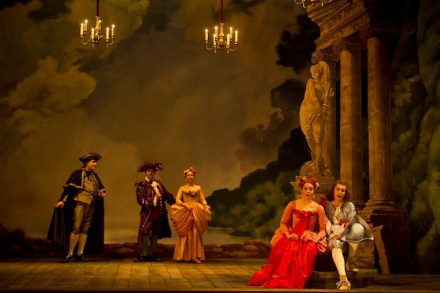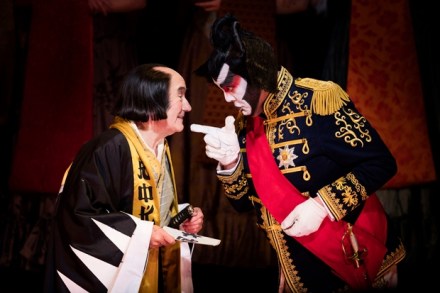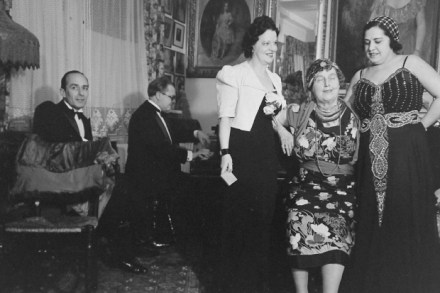Will I ever see a production of Die Fledermaus that does this masterpiece justice?
Die Fledermaus Opera Holland Park, until 5 August Johann Strauss’s opera Die Fledermaus is a masterpiece that I have had a lifelong passion for, a passion which productions, whether in England or abroad, are obstinately determined should remain unrequited. I hadn’t seen it, until Opera Holland Park’s new production, since the 2003 production at Glyndebourne, which almost killed my passion, with its endless laborious prosiness. All the great operas and operettas with spoken dialogue have the same problem, how to keep the interest going when everyone is waiting for the next musical item, and one would of course feel hard done by if the performance simply jumped from one to
